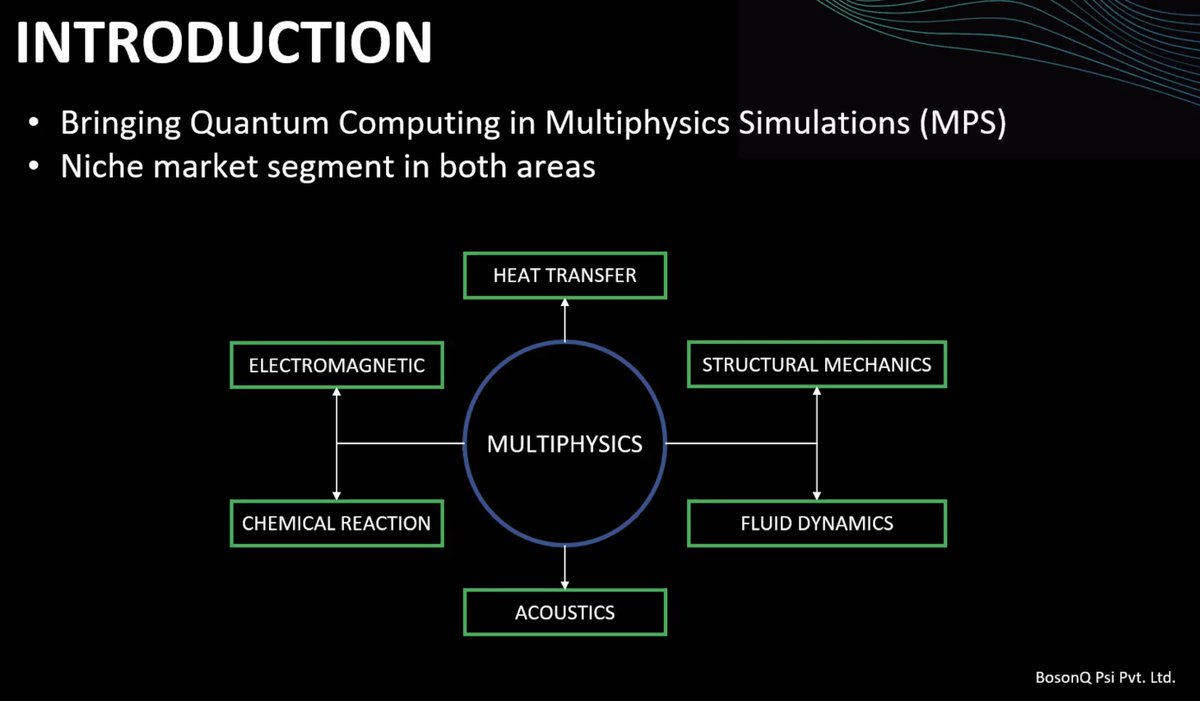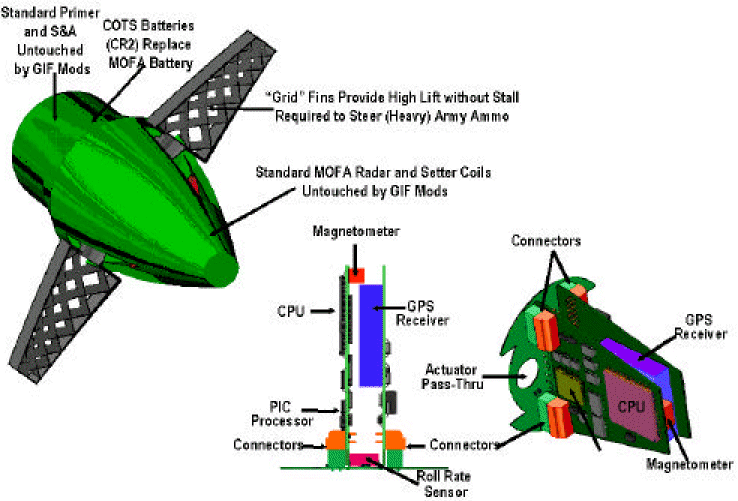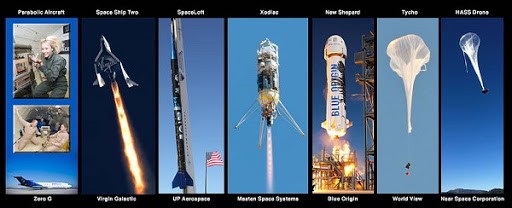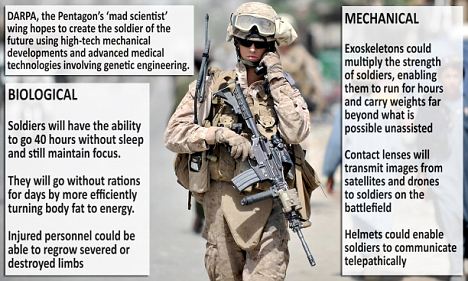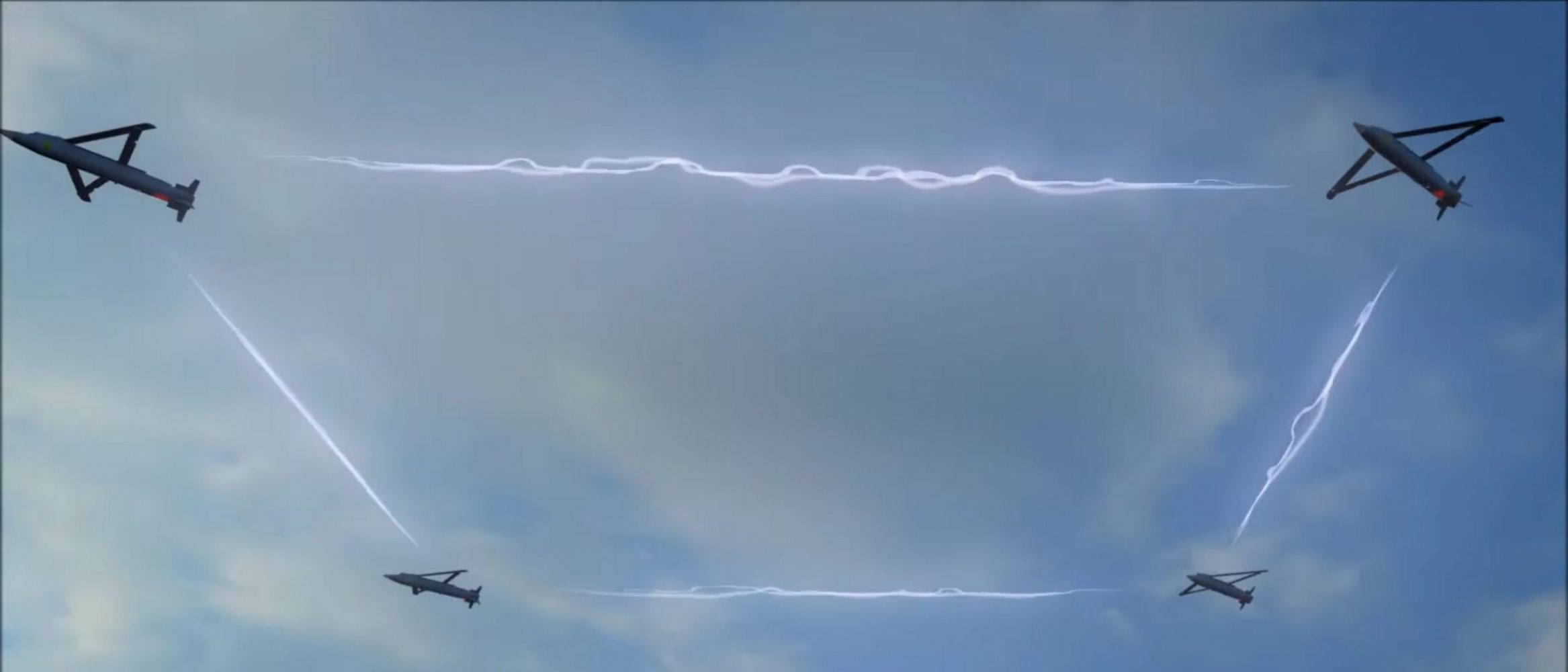Growing collision risk to commercial shipping and unmanned surface vehicle (USV) , call for new technologies to improve Safe Navigation

The seas are becoming increasingly congested, with the IFT Transport Outlook 2019 predicting that demand for maritime trade could triple within the next 30 years. A large number of ships raises the chances of the collision. Although the number of…
